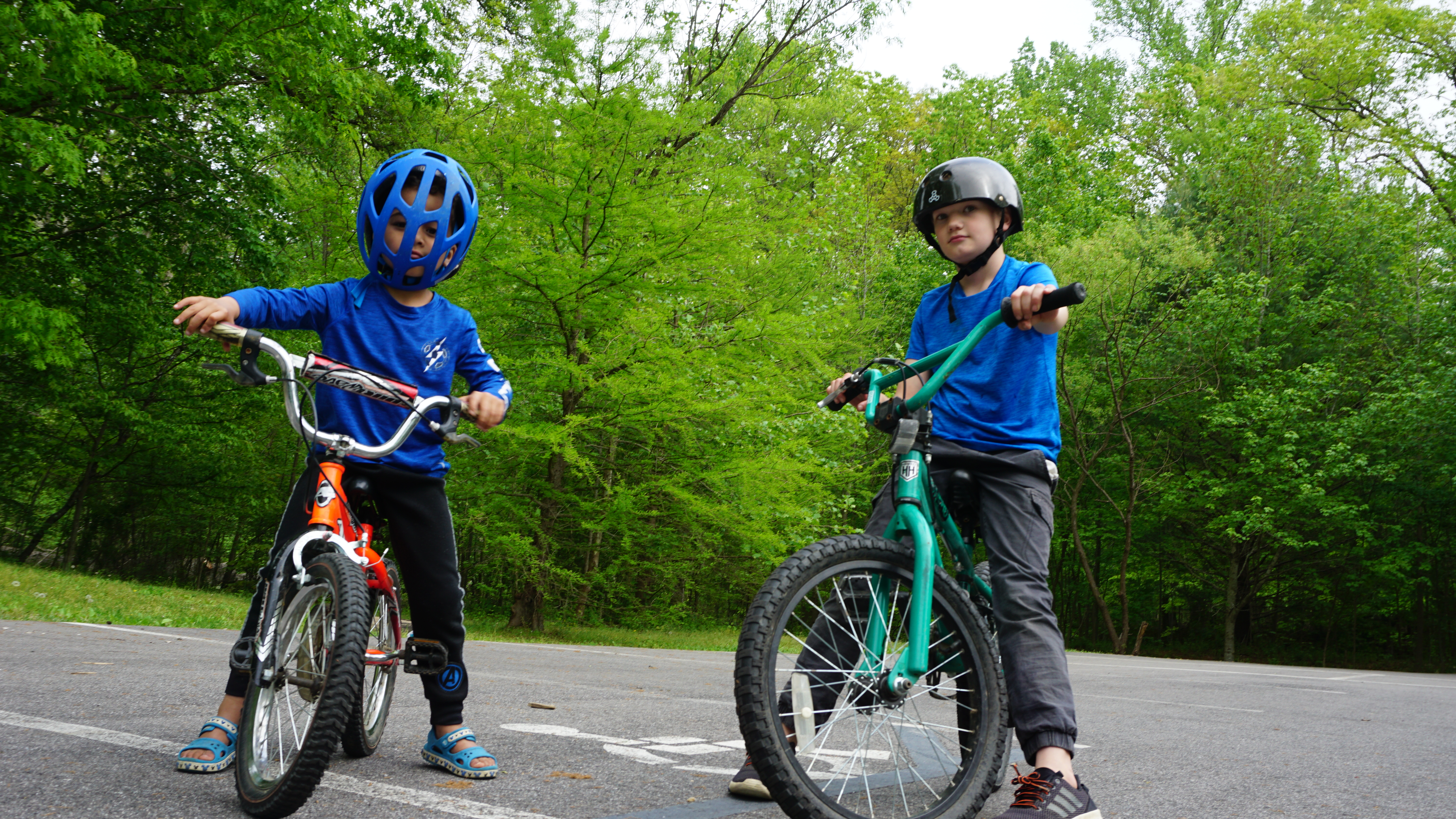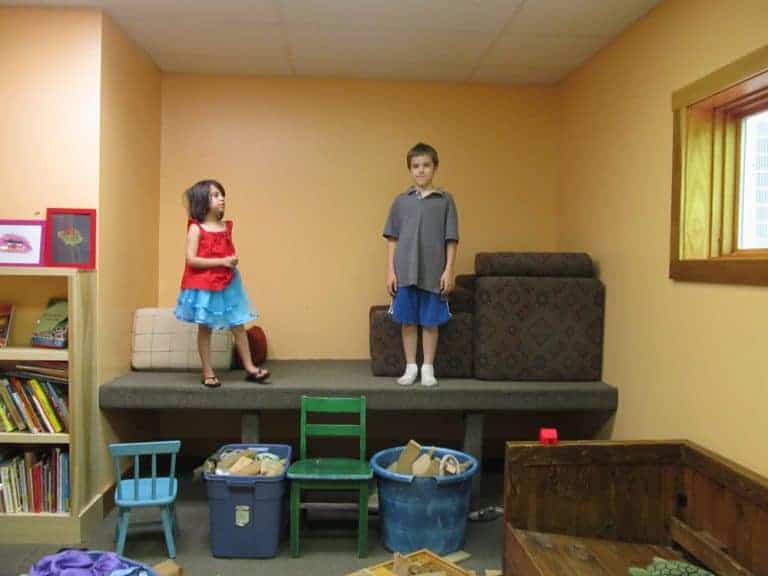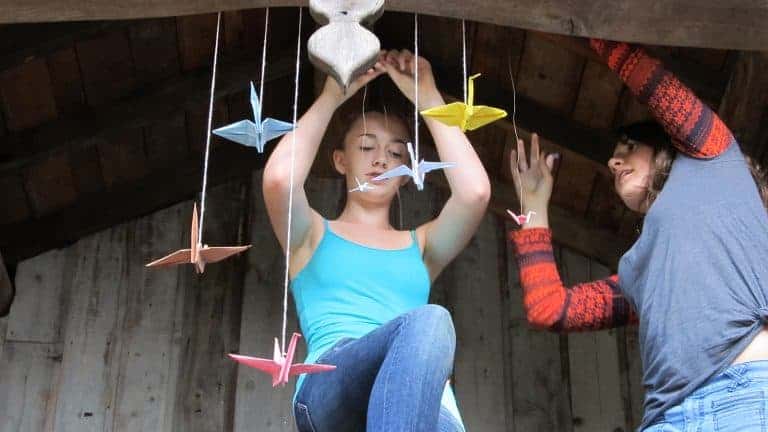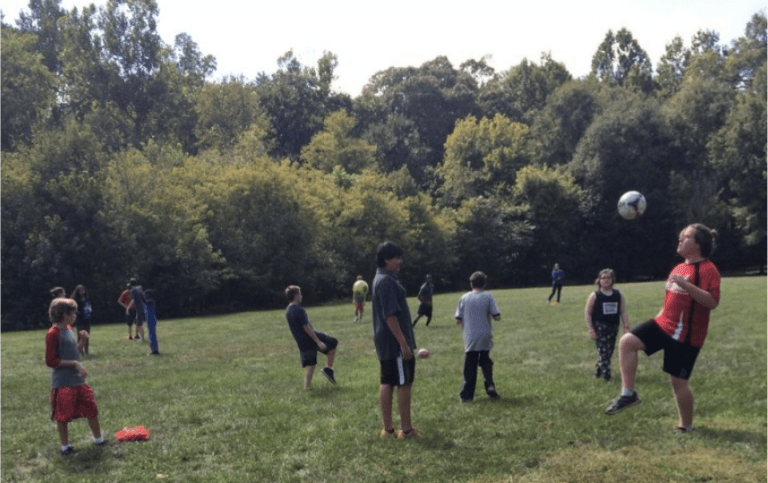Field Notes: Bikers (Part 2)
To ride a bicycle is in itself some protection against superstitious fears, since the bicycle is the product of pure reason applied to motion. Geometry at the service of man! Give me two spheres and a straight line and I will show you how far I can take them. Voltaire himself might have invented the bicycle, since it contributes so much to man’s welfare and nothing at all to his bane. Beneficial to the health, it emits no harmful fumes and permits only the most decorous speeds. How can a bicycle ever be an implement of harm?
― Angela Carter
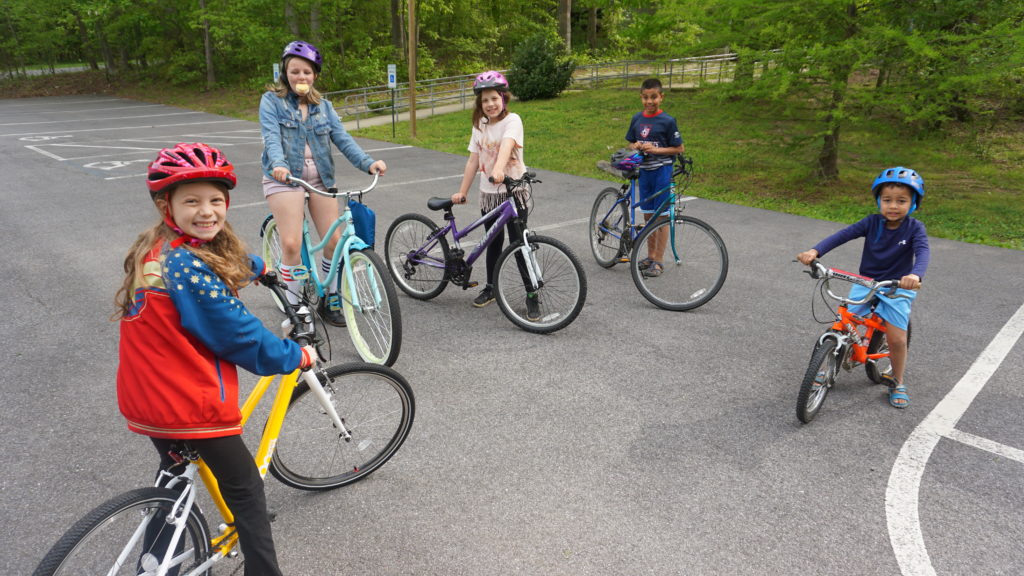
As we continue our exploration of the noteworthy arrival of bikes on campus this spring, the activity exemplifies another element of the school: students at Fairhaven School play for countless hours, and this play is central to their growth and development. A quick internet search reveals countless articles about the benefits and centrality of play, and here’s a passage from one posted by the American Academy of Pediatrics:
Play allows children to use their creativity while developing their imagination, dexterity, and physical, cognitive, and emotional strength. Play is important to healthy brain development.4–6 It is through play that children at a very early age engage and interact in the world around them. Play allows children to create and explore a world they can master, conquering their fears while practicing adult roles, sometimes in conjunction with other children or adult caregivers.7–14
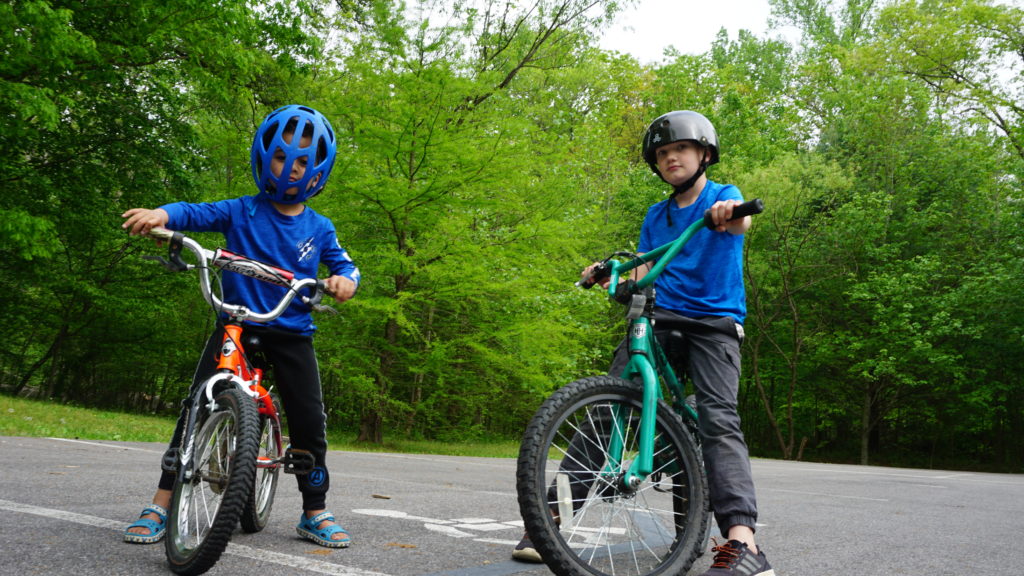
Alongside conversation, play is Fairhaven School’s bread and butter. While biking, for example, students sometimes make teams, invent games, and develop courses. Some of them pretend they are Greek gods while riding! I suspect they have invented words and names for aspects of biking. Some bikes have names. I also know that this list is only partial, as most of their experience is theirs alone. The article referenced above includes this summary point about the benefits of play: “Perhaps above all, play is a simple joy that is a cherished part of childhood.” We agree.
Still another vital element of the Fairhaven (and Sudbury) experience is this: students support and teach one another. Although the behavior is so natural as to seem self-evident, psychologist Lev Vygotsky’s “zone of proximal development” (ZPD) and subsequent concepts help ground the observation in theory. Witness “scaffolding”: “a process through which a teacher or a more competent peer helps a student in their ZPD as necessary and tapers off this aid as it becomes unnecessary—much as workers remove a scaffold from a building after they complete construction” (my emphasis.) Many of the bikers this year began as novices, and more experienced students taught them how, often biking beside the beginners until they gained competence. The organic nature of this was complete, as nobody arranged classes, evaluated progress, or insisted upon adult supervision. More than one student this spring has triumphantly asked a staff member to remove their training wheels. What a meaningful moment, thick with metaphor!
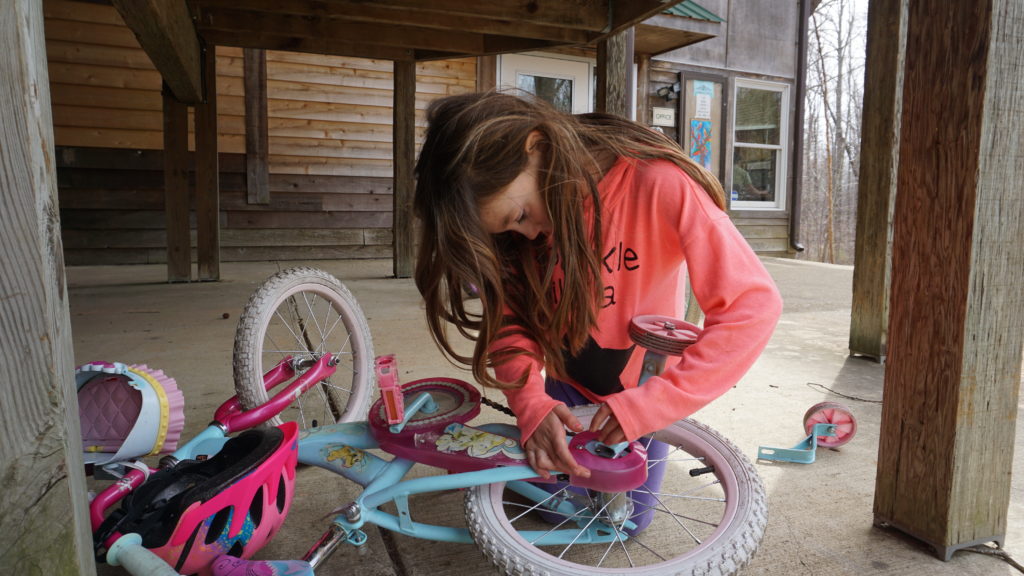
Truly, the particular activity of riding bikes serves as a wonderful metaphor for Fairhaven School’s ethos. Students here function independently and on their own schedules, moving through space and time as their own masters. What better exemplifies this than biking for hours on end across campus? Yes, many new riders have gained mastery, and they’ve had fun, taken risks, gotten some scrapes, and (we suspect) slept well. However, one student who removed her training wheels in the morning decided in the afternoon to put them back on! Nobody failed her or mocked her decision to backtrack until she felt competent. She’s in charge.
Finally, when you see the pack of bikers at school this year, enjoy the feeling of nostalgia that may arise. Take note of the riders, and obey the new traffic signs or risk the wrath of Sports Corp., JC, or School Meeting! Above all, please take a moment to appreciate the remarkable, complex value of our students biking, embodying Carter’s “pure reason applied to motion.” How, indeed, can a bicycle ever be an implement of harm?
Mark McCaig
May, 2019
